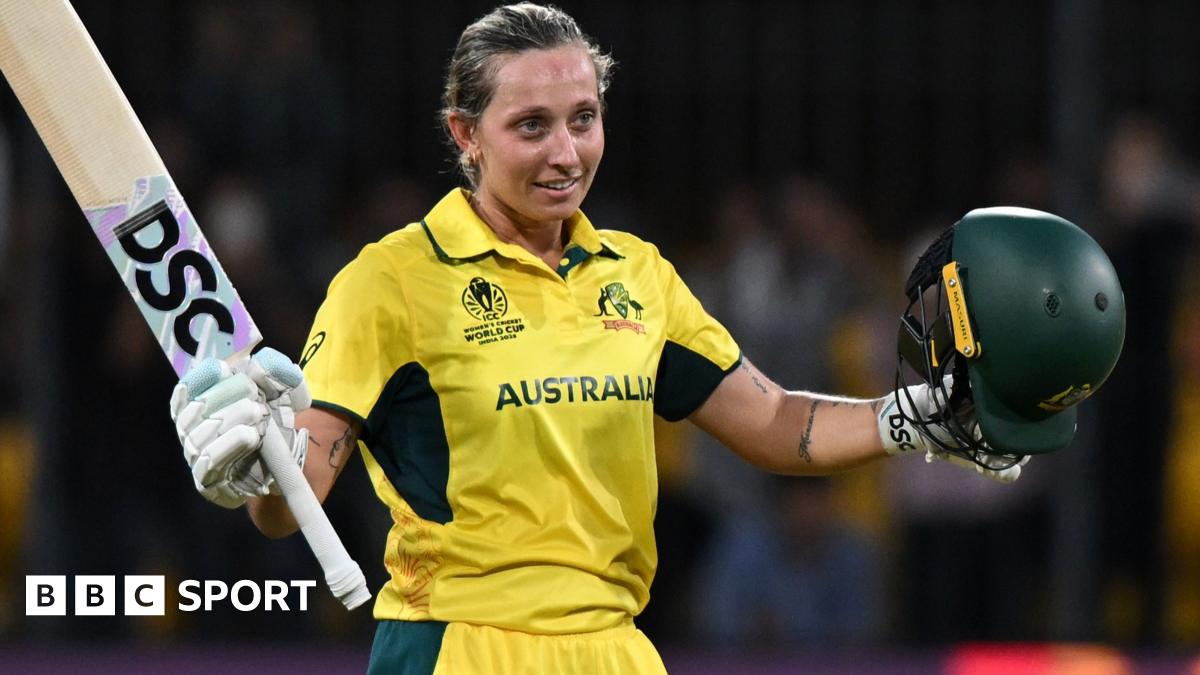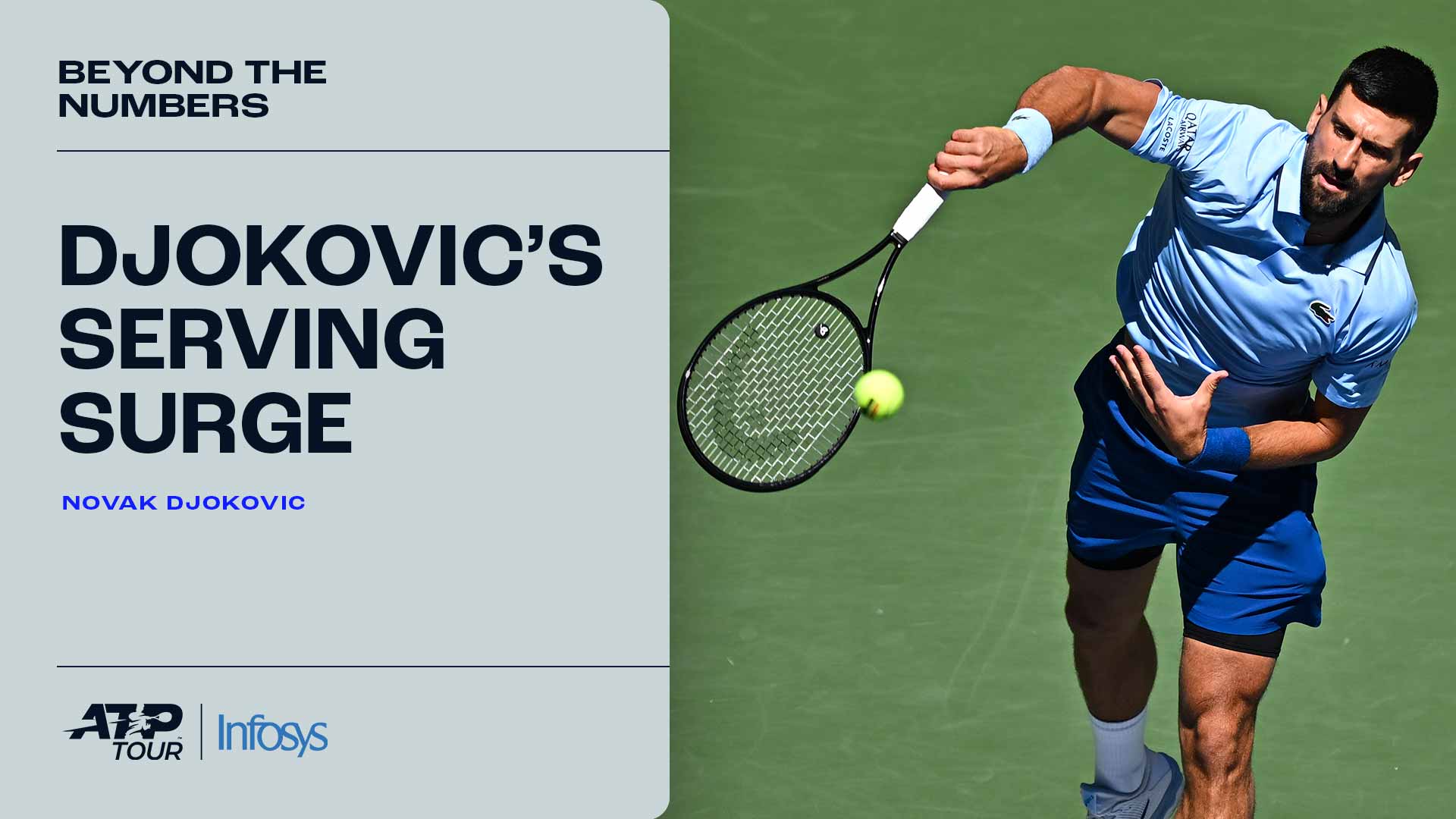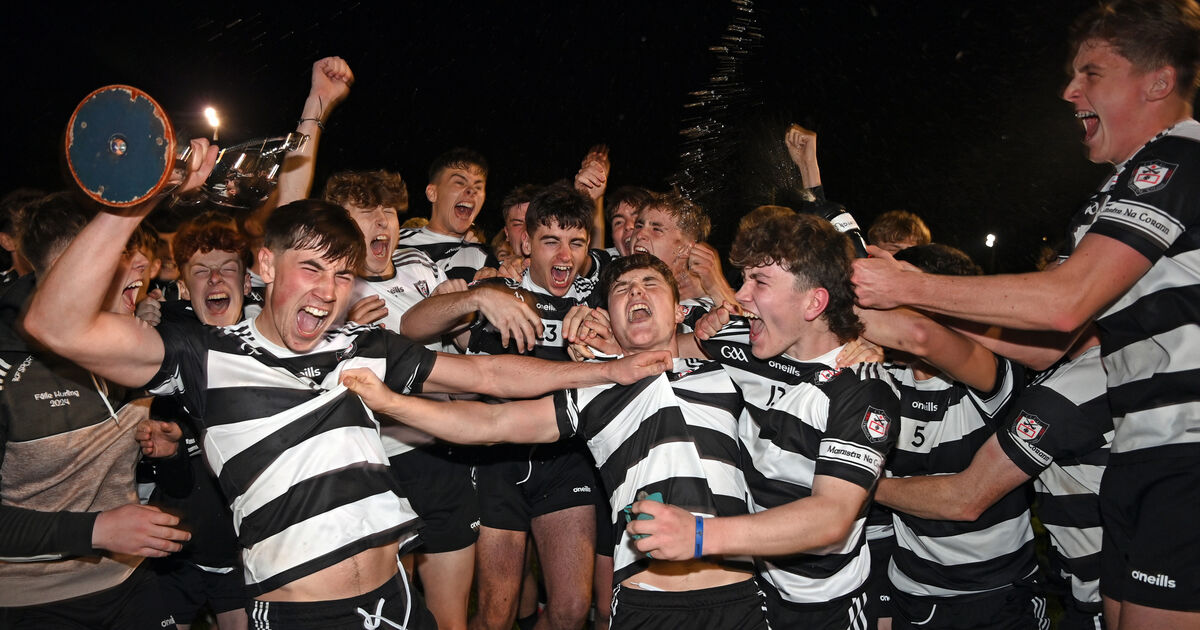The sad decline of West Indian Test cricket: ‘We seem to have given up’

The godfather of modern West Indian fast bowling shakes his head slowly, having been reminded what happened the last time his once proud and near-invincible team played Test cricket.“It hurt,” says the great Andy Roberts of West Indies’ humiliation in being bowled out for just 27 by Australia in Jamaica in July. “I knew we were at a pretty low ebb but I didn’t believe we could get any lower, and then that happened. Now I think we’ve reached the bottom of the pit.“West Indies used to be the envy of the world but we expected our dominance to last forever and stopped doing what we were so good at. Now we seem to have given up.”His words are echoed by a man who goes back even further than the 74-year-old Roberts in commentator Joseph ‘Reds’ Perreira, who has seen it all in more than 60 years as an eloquent voice of Caribbean cricket.“I was so embarrassed,” says Perreira, still commentating and writing on the Caribbean game at 86. “I mean, 27 all out? That hurt West Indians down to their toes. Our game is at its lowest ebb since we really started to emerge in 1948, when we beat England in the Caribbean. I fear for the future of our game.”The pain of that final Test, completing a 3-0 series defeat, at the former fortress of Sabina Park provides the backdrop to West Indies’ latest attempt at regaining some of their old glory when they begin the first of two Tests against India in Ahmedabad on Thursday.Their task could not be more daunting. Where once West Indies dominated the world game, going unbeaten in Test series for 15 glorious years between 1980 and 1995, now they are the cash-strapped minnows up against the financial might of all-powerful India.West Indies take on India without a Test series victory in two and a half years and having won only 23 of the 87 series they have played since the beginning of their fall in 2000; 15 of those came against fellow minnows in Bangladesh, Zimbabwe and Afghanistan.To compound the misery, their white-ball team — the limited-overs form of the game is still relatively healthy in the Caribbean — lost two Twenty20 internationals to Nepal in the United Arab Emirates this week, while the Test side has suffered a double blow before taking on India in losing key fast bowlers Shamar Joseph and Alzarri Joseph to injury.The Athletic spoke to former players, administrators and commentators all steeped in Caribbean cricket to discover their views on the problems plaguing West Indies and to try to find hope where, as it stands, seemingly none exists.Jimmy Adams has captained West Indies and been their director of cricket, and is one of the most intelligent and articulate figures in the game. He poses a question that will make all who love the sport shudder.Should West Indies even exist in the modern cricketing world?“The first thing to decide is whether there’s any purpose in continuing as West Indies,” Adams says. “What is West Indies cricket? You have this entity that is trying to pull 15 nations in one direction and you have to ask: is it still real? Is it still something that the region wants? It’s the fundamental philosophical question.“I don’t pretend to know the answer but it has to be addressed before you get to the problems with bat and ball.“Times change. West Indies were great when we were coming out of a post-colonial era. The late 1960s and the 1970s was this period where a lot of countries gained independence and that was a huge motivational force.“The question always was: when we come out of this era, what’s going to keep us together? I’m not sure the region has found an answer.“The Caribbean has never found anything as strong as the feeling it had when people were fighting for and eventually coming out of colonialism and telling the world: ‘We’re as good as you.’ It hasn’t found a force as powerful as cricket was in the ’60s, ’70s and ’80s.“I’ve spent some time at associate level and I saw Jersey come within a whisker of qualifying for the T20 World Cup. Jamaica, Barbados, Trinidad and Tobago or Guyana could easily do the same. I could see us playing white-ball cricket as individual nations and then start really tapping into governments for support at a level which is never given for West Indies because there is no West Indies. What we have now just isn’t working.”It could be argued what West Indies had was working during the year, in 2022, that Roland Butcher and ex-Test match opener Desmond Haynes were selectors and they won 51 per cent of all games.“We were on the right path but it was taken away from us,” former England and Middlesex batter Butcher tells The Athletic. “West Indies, in their wisdom, wanted to move towards an all-powerful supremo and one man being the coach of all three formats and the only selector. That’s the way they went but the results have been quite disastrous.“It’s extremely frustrating. (Former player turned coach) Daren Sammy has been put in an impossible position — to be coach of three teams with overlapping series. It will be hard for the players to trust him. As a coach, you’re supposed to be the player’s friend and his father figure. If he has a problem, he discusses it with you and you put a plan together to get it right. But if he’s a selector as well, there’s no way a player will go to him and tell him he’s struggling. It could affect his place in the team. The bottom line is that it won’t benefit West Indies cricket. It’s a mess.”Butcher is also critical of the player pathway structure in the Caribbean and cites the experience of one of the many who have got away from West Indies cricket, Barbados-born Jacob Bethell, as an example of why their system is not working.“If Jacob had stayed, I doubt he’d be playing for Barbados now, let alone the West Indies,” insists Butcher. “He definitely took the right path in going to England.“I was chairman of the centre of excellence in Barbados when Jacob was a boy and you could see he was very talented. But if he’d stuck around, he would have been 27 or 28 before he got through. There’s nowhere for the best players to go after under-19 level.”The man with the thankless task of sorting out the mess that is Caribbean cricket is experienced Jamaican administrator Chris Dehring, who returned to Cricket West Indies as chief executive officer in February.“I knew exactly what I was getting into,” Dehring tells The Athletic. “I was no stranger to this and under no illusions of the size of the challenge. I just figured: ‘Look, we are at the cliff’s edge and I’m not going to let something I know is close to the heart of every Caribbean person fall over that cliff without giving it a huge effort.’“The reality is that the structure of Test cricket has almost conspired to weaken what was a very proud cricketing nation. But we have to do what we have to do and re-engineer our resources so we can be competitive again.“We’re faced with something that’s beyond our control because of the size and structure of our region. We’re up against it, given the financial model that underpins world cricket, with home countries keeping 100 per cent of their revenue. When India, England and Australia keep 100 per cent of their revenues compared to what West Indies keep, you’re talking about billions of dollars coming in compared almost to a couple of dollars.“But the interest and love for the game is still there. I left Sabina Park the afternoon we got bowled out for 27. Everyone was saying the decline was terminal. The ground was virtually empty that day but I was on my way to Singapore for an ICC meeting and, when I got to the airport, the porters all shouted out to me: ‘What is happening, Mr Dehring?’, because they were distraught.“I went to the counter and the guy checking me in made a comment about it. Then everyone in the security area were shouting at me: ‘Boy, what are you going to do about that team?’ I went into the lounge and a lady there asked me about it as well.“I thought to myself: ‘The only thing that could be worse after being bowled out for 27 is if I’d walked through that airport and nobody said anything to me.’ What it told me was that people cared.”Perreira agrees that the financial imbalance in the game is crippling West Indies. “It all comes back to the question of the sharing of the cake,” the commentator tells The Athletic. “We are getting a tiny amount of the game’s finances compared to India, Australia and England.“We were badly treated by the ECB in 2020. When Covid was killing the world, the West Indies sent a team to England and they risked life and limb by being there.“It restarted world cricket and saved the game millions, because Pakistan and Australia then went over to play, too. But what did we get from that? England just agreed to play an extra Test in Grenada in 2022. That’s all. And we saved world cricket.”Roberts, who paved the way for fast bowling greats such as Michael Holding, Malcolm Marshall, Joel Garner, Colin Croft and so many more, believes the magic of putting on the maroon cap has been lost to the younger generation of West Indian players.“We had so much pride in playing for West Indies,” he says. “Oh yes. But I’m not sure that pride is there now. The love of money is there but I’m not sure the love of West Indies cricket is still there.“In the last 10 or 15 years, there have been so many who want to play franchise cricket more than playing for West Indies. And when they start fading in franchise cricket and can’t earn so much money, they try to come back and play for West Indies!”But all those experts spoken to by The Athletic insist there is still considerable cricketing talent in the Caribbean.“I believe we still have the raw material to become competitive again,” says Jamaican Adams, 57. “We probably have more kids playing cricket than New Zealand do. I honestly believe the passion is there, it’s just the people want to identify with winners, so it might be dormant if the team isn’t doing well.”Dehring’s predecessor as Cricket West Indies CEO was Englishman Johnny Grave, who has moved on to work in growing the game in the United States. He thinks that modern Caribbean talent can be underestimated.“They’ve still got a great bowling attack that’s young and exciting,” says Grave. “So while the 27 all out took all the headlines, they did bowl Australia out pretty cheaply in that match, and took 60 wickets in the series. If Jayden Seales was playing for England, everyone would be shouting from the rooftops about how good he is. So bowling sides out isn’t a problem. The problem is batting and getting runs on the board when they’ve got raw Test batsmen.“I think West Indies is still such a great brand for cricket and adds such a great deal to the world. The way they play probably led to the creation of T20 and they’ve still got some flamboyant, entertaining players. But at the same time, it’s difficult when you have the legacy of the legends who just went decades winning so many series. Even trying to replicate that is always hard, and they will always be compared to those days.”Those legends, though, are still trying to help.After the infamous 27 all out, the second-lowest score in Test history, Cricket West Indies president Dr Kishore Shallow called an emergency meeting and invited the likes of Viv Richards, Clive Lloyd, Brian Lara and Shivnarine Chanderpaul to have their say.“The mood was very constructive in that meeting,” adds Dehring. “The legacy these guys have and the love for West Indies cricket they have means they were very keen to protect the game. Brian, Viv and Richie Richardson are all coming with us to India to meet broadcasters and corporate sponsors on our behalf.“That’s how much they’re committed to helping us resuscitate West Indies cricket. We’re taking a team of them and having a corporate golf day and inviting all the big Indian sponsors, and a Caribbean evening with the players, just to explain what cricket means to us.“Let’s face it, we had no business beating the world like we did many years ago and dominating cricket. Not from this tiny part of the world. These tiny islands. How does Antigua, with 100,000 people, produce Viv Richards, Andy Roberts, Curtly Ambrose, Richie Richardson and lots more? How does Jamaica produce Michael Holding, Courtney Walsh, Lawrence Rowe and lots more? How does tiny Barbados produce all these amazing cricketers?“It’s not a blessing for West Indies cricket to have produced all these legends — it’s a blessing for world cricket. Let’s all remember that and make a concerted effort to help with the revival. To write us off would be a big mistake.”Click here to read more cricket stories on The Athletic, or follow Cricket on The Athletic app via the Discover tab.(Top photos: Getty Images; design: Eamonn Dalton)












